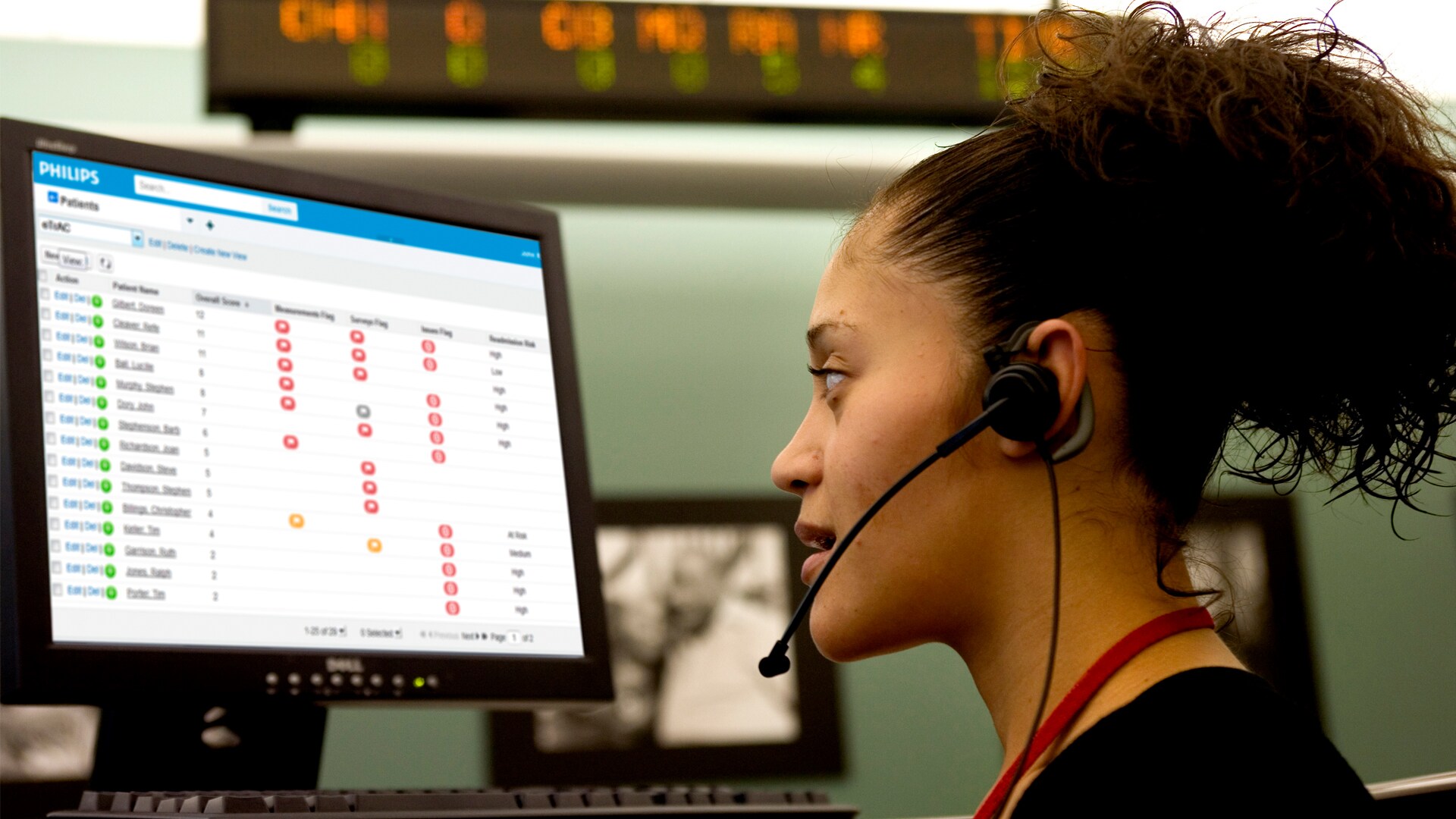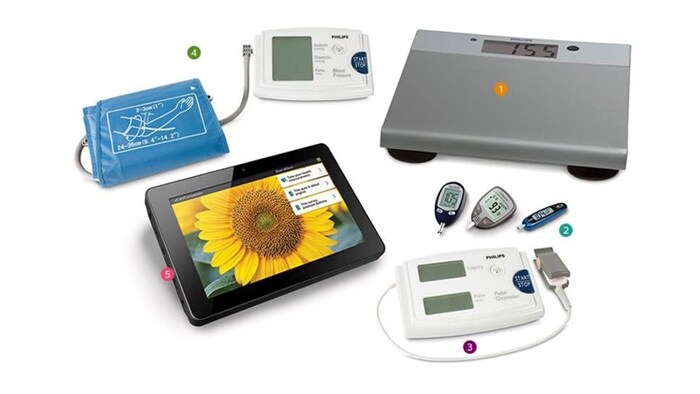Apr 28, 2020
Philips and West Moreton Health extend virtual hospital program to support COVID-19 patients
West Moreton Health has expanded its innovative virtual hospital program to support novel coronavirus (COVID-19) patients recovering at home.
West Moreton, Australia – MeCare – Mobile Enabled Care - was introduced in 2016 using technology developed by Royal Philips (NYSE: PHG, AEX: PHIA), a global leader in health technology, that allows chronically ill patients to track their daily health targets and manage symptoms and use videoconferencing to connect with a clinical team each day.
Now West Moreton Health and Philips are expanding their partnership to safely care for more people in response to the COVID-19 pandemic and reduce demand for hospital services.
West Moreton Health’s Community and Rural Services executive director Melinda Parcell said the MeCare model of care had been adapted for COVID-19 patients with milder symptoms. “West Moreton Health has expanded its hospital capacity as part of its response to the COVID-19 outbreak, but we have also considered how we can use existing technology and innovation to provide safe care within the community setting. It means people can receive the care they need in the comfort of their own homes and we are also eliminating the risk of transmission in the hospital setting, where other vulnerable people may be receiving care.” Depending on their acuity and care needs, COVID-19 patients can be cared for at home under either the moderate or ‘lite’ model. Moderate model patients are given tablets and health devices so they can measure their temperature, blood pressure and oxygen saturation levels and respond to regular health surveys to track their health progress. Others who require less supervision can use their own mobile device to receive remote support via Philips’ enterprise remote patient monitoring platform (eCareCoordinator). The health information recorded on each of these devices is monitored by West Moreton Health’s virtual care team, which can provide timely intervention through phone calls, videoconferencing and in-home visits as needed. Philips Australia and New Zealand Managing Director Matt Moran said well-designed virtual hospital programs enabled health systems to best leverage clinical resources to ensure patient care was not compromised. “In partnership with West Moreton Health, we are proud of the virtual capability of MeCare now being leveraged to manage COVID-19 patients,” he said. “Supported by Philips technology, a small group of highly trained West Moreton clinicians are able to deliver care to a large amount of people in the community.” “This is possible because these clinicians are able to provide timely intervention to only those participants needing care, while smart clinical decision support tools highlight those at greatest need. Using the right technology and the most appropriate ratio of clinicians to patients is a crucial success factor a time when resources must be conserved,” Mr Moran said. For more information on Philips’ enterprise remote monitoring platform (eCareCoordinator), click here.
About Royal Philips
Royal Philips (NYSE: PHG, AEX: PHIA) is a leading health technology company focused on improving people's health and enabling better outcomes across the health continuum from healthy living and prevention, to diagnosis, treatment and home care. Philips leverages advanced technology and deep clinical and consumer insights to deliver integrated solutions. Headquartered in the Netherlands, the company is a leader in diagnostic imaging, image-guided therapy, patient monitoring and health informatics, as well as in consumer health and home care. Philips generated 2019 sales of EUR 19.5 billion and employs approximately 81,000 employees with sales and services in more than 100 countries. News about Philips can be found at www.philips.com/newscenter.
About MeCare
The West Moreton Health MeCare program is underpinned by the Philips’ market-leading population health management TGA approved enterprise telehealth platform eCareCoordinator, which is built on the Philips HealthSuite digital platform, a secured cloud-based platform of services, capabilities and tools used to create the next generation of connected health and wellness innovations. The platform has clinical decision support tooling and incorporates deterioration algorithms to predict patient deterioration. The eCareCoordinator platform prioritises populations so clinicians can identify and provide care to the patients most at risk for readmission, provides structure for cross-team collaboration and delivers extended reporting so program effectiveness can be measured and continuously improved.




